To kill an error is as good a service as, and sometimes even better than, the establishing of a new truth or fact
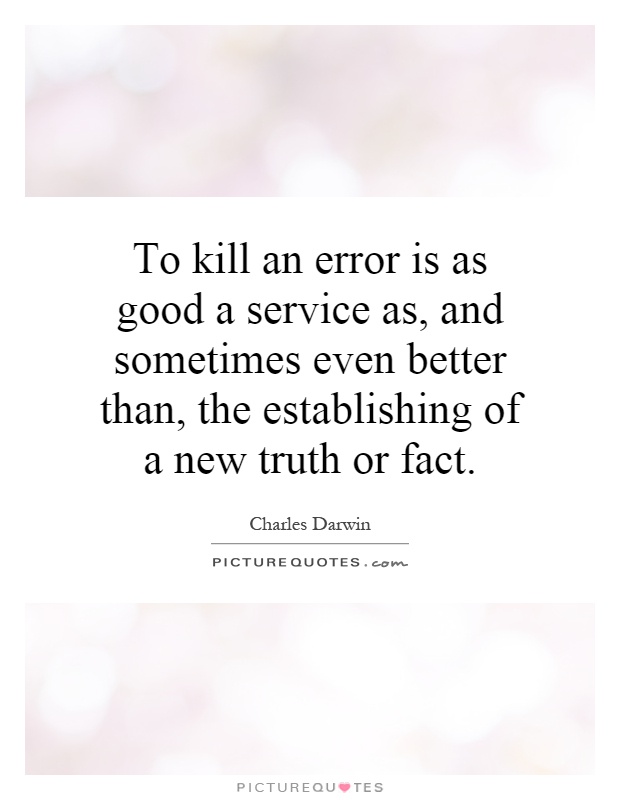
To kill an error is as good a service as, and sometimes even better than, the establishing of a new truth or fact
Charles Darwin, the renowned naturalist and biologist, is best known for his groundbreaking theory of evolution by natural selection. However, his work was not without its errors and misconceptions. In fact, Darwin himself acknowledged the importance of correcting errors in scientific knowledge, stating that "to kill an error is as good a service as, and sometimes even better than, the establishing of a new truth or fact."One of the most significant errors in Darwin's work was his misunderstanding of the mechanism of inheritance. Darwin believed that traits acquired during an organism's lifetime could be passed on to future generations, a concept known as Lamarckism. However, this idea was later disproven by the discovery of genetics and the understanding of how traits are inherited through genes.
Despite this error, Darwin's theory of evolution by natural selection remains one of the most important and influential ideas in the history of science. By recognizing and correcting his mistake regarding inheritance, Darwin was able to refine and strengthen his theory, leading to a more accurate understanding of how species evolve over time.
Darwin's willingness to admit and correct errors in his work is a testament to his commitment to the pursuit of knowledge and truth. In the scientific community, the process of identifying and correcting errors is essential for advancing our understanding of the natural world. By acknowledging and addressing mistakes, scientists can refine their theories and hypotheses, leading to a more accurate and comprehensive understanding of the world around us.


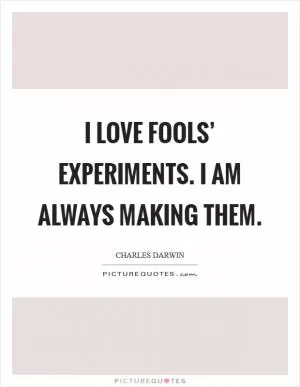



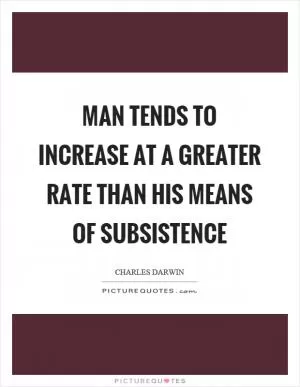
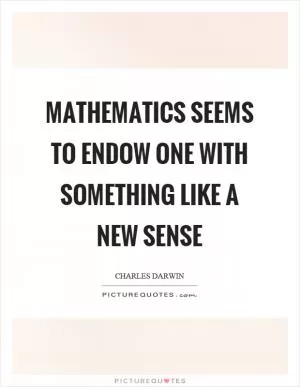

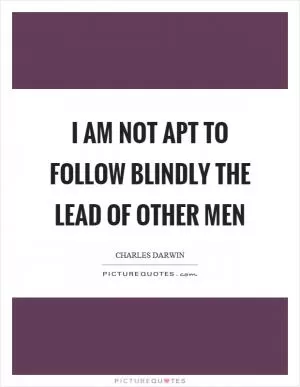
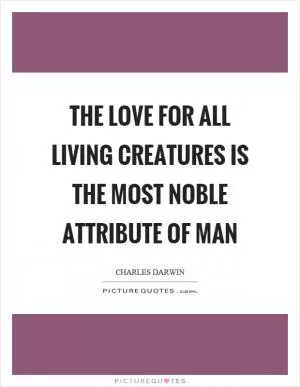
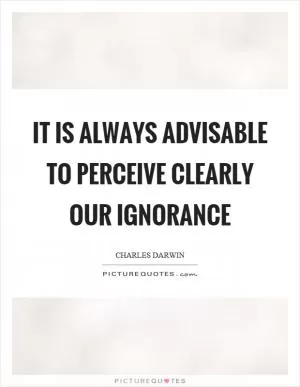
 Friendship Quotes
Friendship Quotes Love Quotes
Love Quotes Life Quotes
Life Quotes Funny Quotes
Funny Quotes Motivational Quotes
Motivational Quotes Inspirational Quotes
Inspirational Quotes